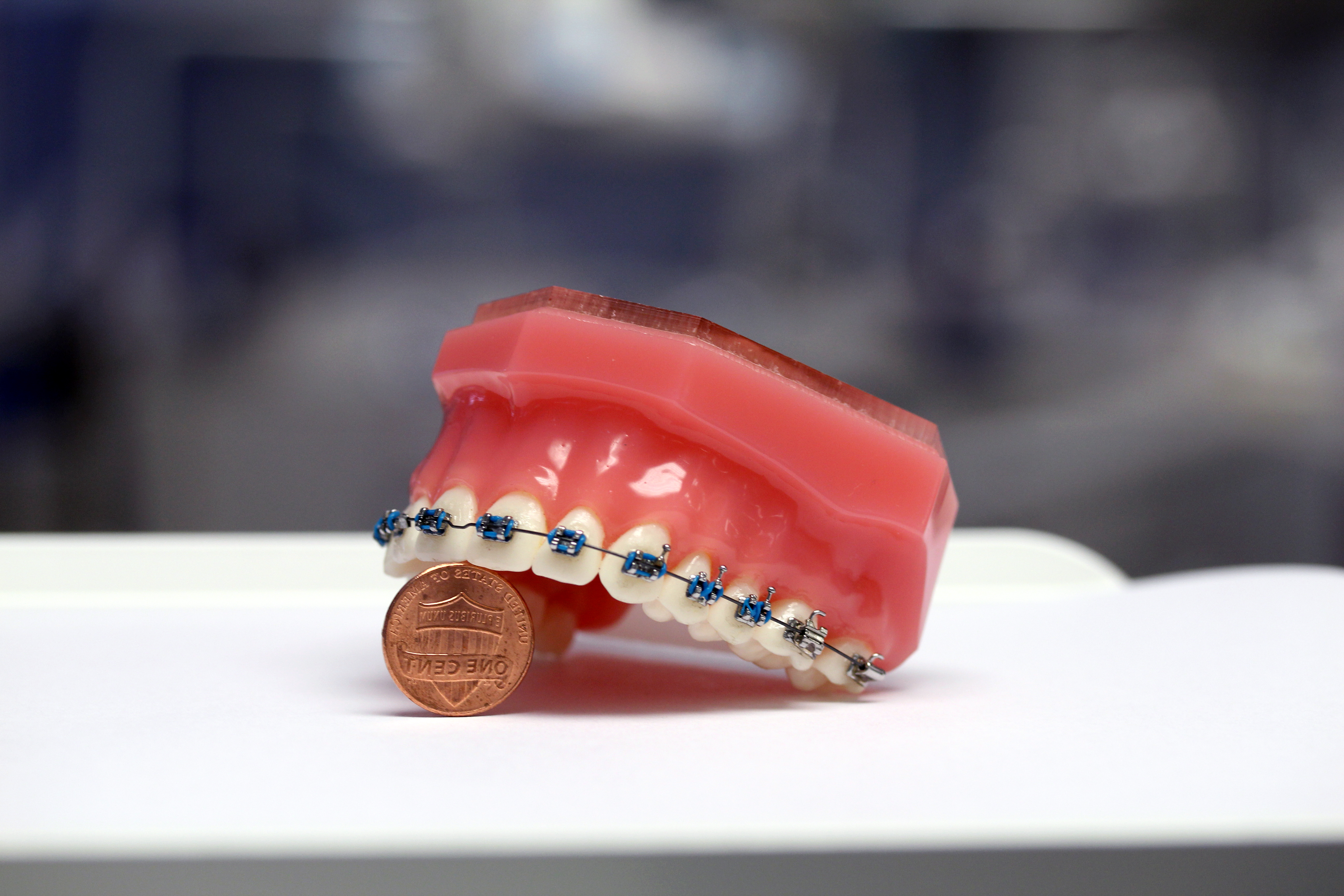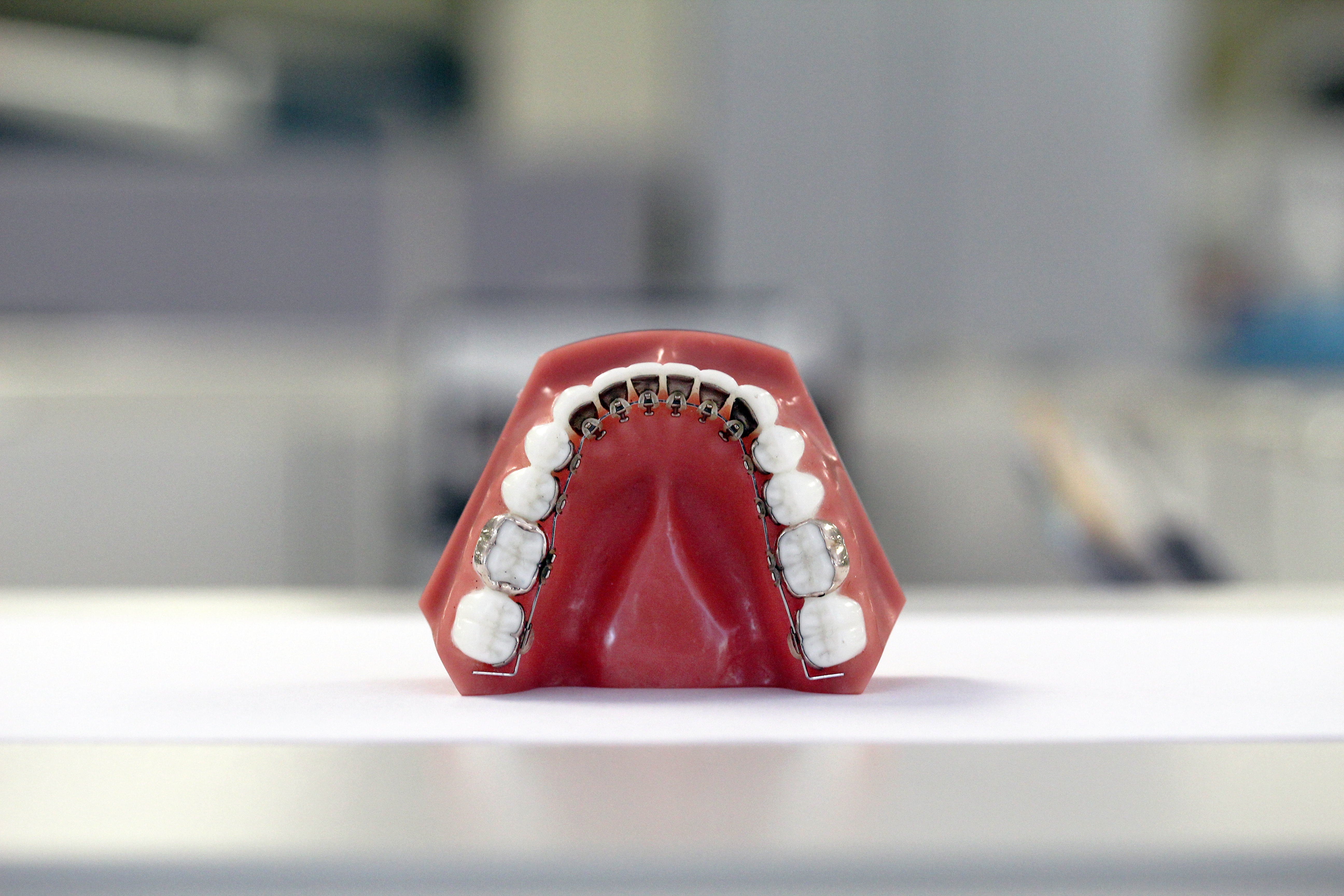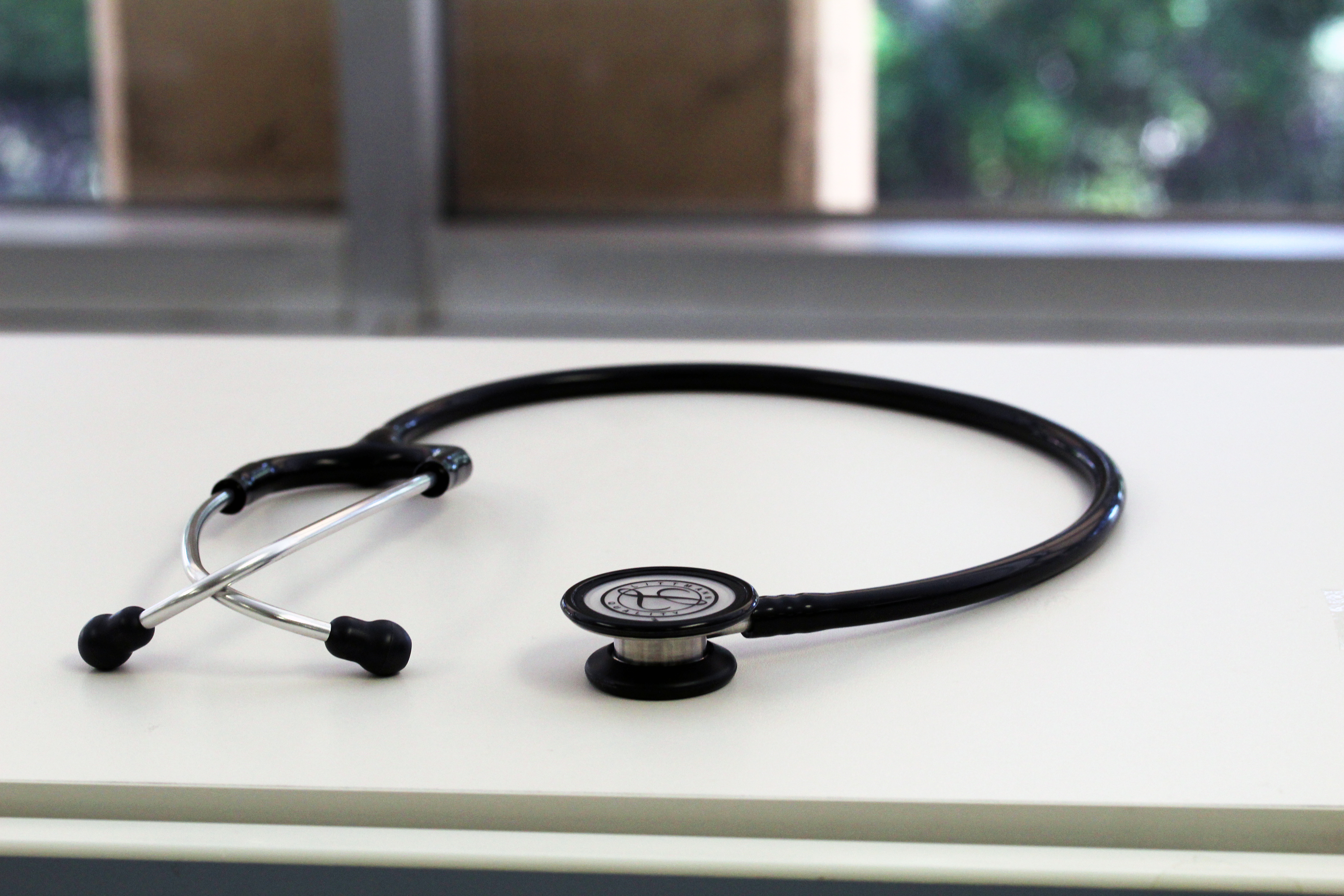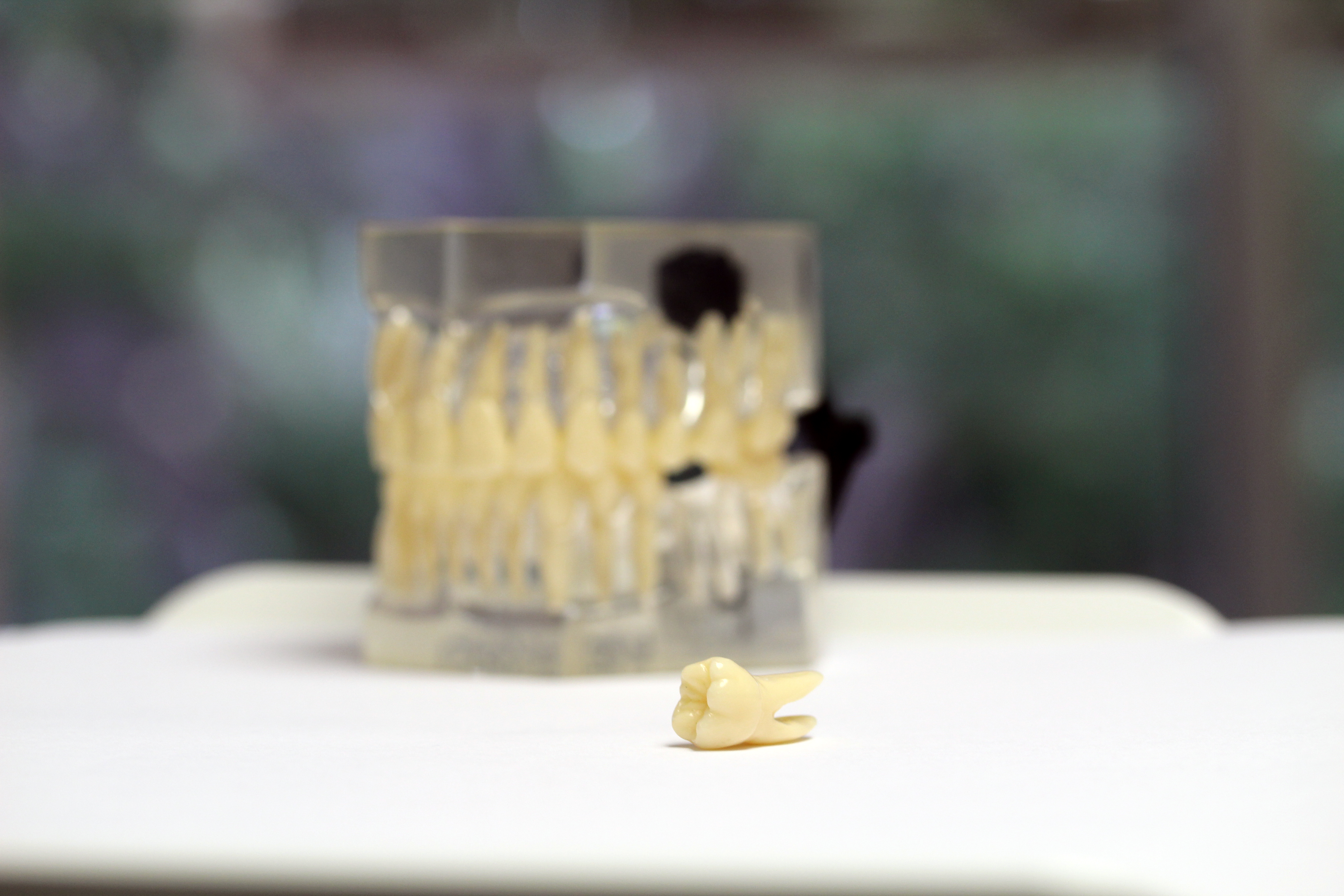The end of 2020 is fast approaching. Besides the election, what does this mean? That it’s time to revisit one of my original posts. As you may recall, most dental residencies charge exorbitant tuition. If our medical colleagues knew, they would shake their heads in disbelief. Where does UCLA vs. USC come into this? Back in 2017, I tallied that the direct cost of attending USC Orthodontics for residency came out to $269,299 (yes tuition, no salary). To match at UCLA Orthodontics, on the other hand, netted you $158,824 (no tuition, yes salary). The raw net difference stood at $428,123. How do the Bruins fare three years later in 2020? Let’s find out.
In late May, the Wall Street Journal published an article detailing the financial troubles of Dr. Mike Meru. In short, Mike Meru is an orthodontist practicing in Utah who owes more than $1 million in student loans. Yes, you read that right! As a fellow orthodontist, I appreciate his willingness to share so much about his financial life with the public. This is something that many people would never do, no matter their line of work. However, this article brought to the forefront a number of difficult issues uniquely facing the current generation of student borrowers. After all, who is to blame for his $1 million student loan debt?
My residency program held our annual interviews for the newest batch of residents just last month in September. As a residency program that does not participate in the match, we tend to interview applicants on the earlier end of the interview trail. This is similar to what other non-match programs do. In any event, I was asked to give a short, 10-15 minute presentation to the interviewees on a topic of my choosing that would show them what our program has to offer. My topic? Finances during residency.
If someone offered you a spot at residency program A at no cost, and a spot at residency program B with a $400K signing bonus, which would you choose? The answer is obvious. What’s the catch? Both residency programs are the same duration. Both programs are located in the same state. Both programs are located in the same city. You will become a full-fledged specialist coming out of either accredited program. There is no catch. For any medical resident, this is an absolute no-brainer. Then why are some dental residents still choosing residency program A?
When people find out I’m a resident in orthodontics, one of the first things they tell me besides their own experience with braces is how fantastic and cushy my future lifestyle will be. That’s open for debate. While people are generally aware of the amount of work and dedication it takes to become a dental specialist, little do they know about the financial costs. With the cost of attendance for dental school increasing every year coupled with the sky high costs for dental residency, let’s crunch some numbers to see what it takes (financially) to become a dental specialist. Spoiler alert: it costs a million dollars — or more — to become an orthodontist.
Residency is an exciting time for a young dentist. A new city, a new network, the focus on an area of specialty, plenty hours of restful sleep (hah!) – all of these things are undoubtedly worth looking forward to. That being said, the whole process of applying, interviewing, and matching can be one of the most anxiety-inducing experiences of your life. Let’s start with the basics by looking at some of the key factors to consider when deciding where to apply for residency.
Residency is without a doubt a busy time. From clinical responsibilities to research to sleep to maintaining sanity, things are not always easy. That being said, a little time spent here and there on financial education can vastly improve your chances of achieving financial independence as early as possible.
Between long hours, research commitments, studying for boards, and whatever other obligations you may have as a resident, saving for retirement probably isn’t at the top of your list. The Roth IRA, however, is the best option you have as a young resident before entering a much higher tax bracket after residency. In short, the Roth IRA is a great retirement tool that you should start taking advantage of NOW.
If you’re considering applying for residency, fourth year of dental school is not cheap. From application fees to score reports to transportation to attire, costs can readily pile up. As such, it’s crucial to budget appropriately and plan ahead for residency interviews. Let’s run through a basic calculation to see how exactly the costs add up. Spoiler alert: be prepared to budget $5K – $10K and possibly take out an additional emergency loan.
Whether to apply for 4 Year or 6 Year OMFS programs is perhaps the biggest question facing would-be oral surgeons. Previously we looked at the major differences between the two types of programs. Often times, applicants automatically place the dual-degree residency above the shorter residency without thinking through the real economic costs. From a financial perspective, 4 Year and 6 Year OMFS residencies could not be more different.









